More than 100 people gathered in East London to appear before the South African Human Rights Commission (SAHRC). Testifying about a lack of emergency medical services and patient transport in the province, community members’ stories painted a stark picture of the thin line between life and death in the rural Eastern Cape.
According to the Eastern Cape government, the province has about 500 ambulances to cover the province’s roughly 170 000 sq km. The recent South African Human Rights Commission hearing in East London revealed the complete lack of ambulance services in some areas where a 70-year-old man reported never having seen an emergency vehicle.
The two-day hearing also highlighted poor response times, untrained emergency call centre staff and the shocking condition of the roads in the province’s rural areas.
In one incident, the SAHRC was told how an ambulance arrived five days after a call to the Emergency Medical Services (EMS) to assist a dying woman. Another elderly woman explained how she struggled each month to gather R800 to hire a private car to take her chronically-ill child, who passed on last year, to the hospital.
Health-e News/Health24 take a look at some of the hearing’s heart breaking testimonies:
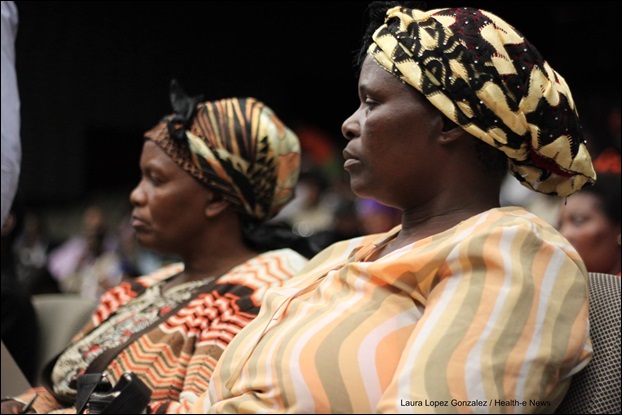
Nowayithi Mbangasini – Xhora Mouth, Eastern Cape
“For seven years, my child was sick. Every month, I had to take the child to hospital and had to hire a car. The clinics we have are beyond rivers and very far away. I struggled forever always having to pay R800 when (we) arrived at hospital. The nurses will ask you, ‘don’t you have money from the government to attend to this person? Why did you come late? Why didn’t you come early?’
“You will just break down and cry when they say such things. My child, who was seven-years-old, died last year.”
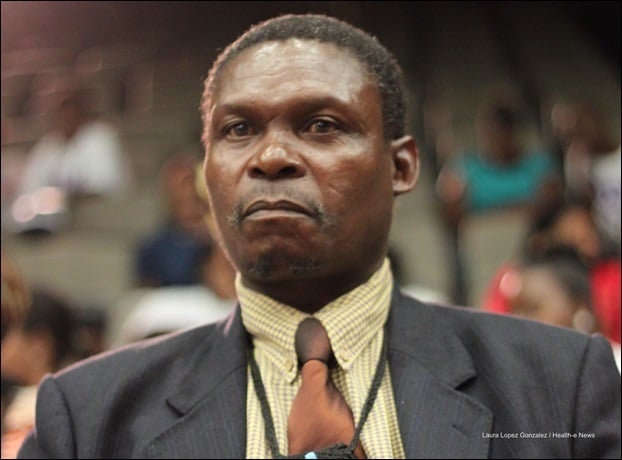
Thanduxolo Gwebindlala – Xhora Mouth headman
“In our area, ambulances are rare to find. Let me explain: We are people who do not even know that ambulances exist. Most of the time, our people pass away - they pass away in circumstances where they should not have passed away. We are also those kinds of people who have to hire cars or private vehicles in order for our sick to find help. Our hospitals are far; our clinics as well are far. We are people who find themselves uncared for most of the time.”
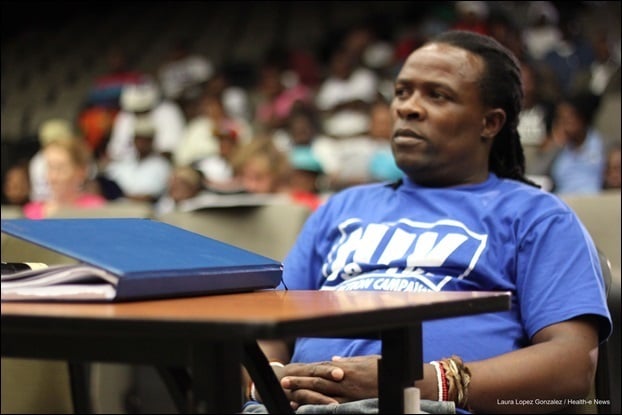
Zukile Madikizela – Treatment Action Campaign O.R. Tambo District Organiser
“On 6 May (2014) there was a car accident near the Lusikisiki Magistrate Court. A guy I knew was involved and was taken to St Elizabeth Hospital in Lusikisiki. Due to the lack of ambulances, it was very difficult for him to be transported to the Mthatha hospital. They delayed until about 16 May… just imagine being injured 6 May and being transported to the place where (you) was going to get help on 16 May…The client died eventually”
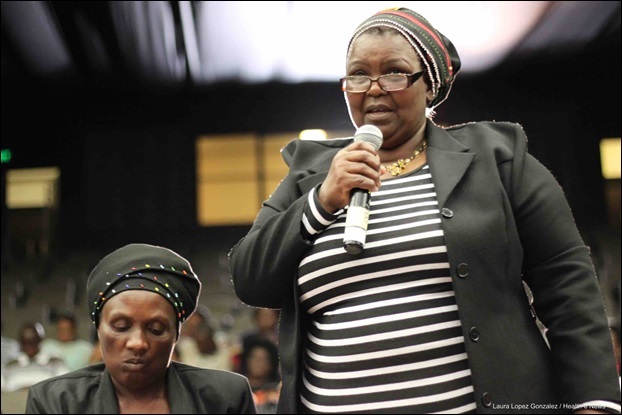
Nomalinge James – Keiskamma Trust community health worker
“The clinic is closed on weekends and this causes much suffering. If someone falls sick after the clinic has closed, I have to take this person to hospital. The hospital will ask you, ‘where is the referral letter from the clinic.’ You go home and no one will have attended to you and you’ve hired a vehicle and the children will have no food because you have taken money to hire a vehicle for someone who was sick.”
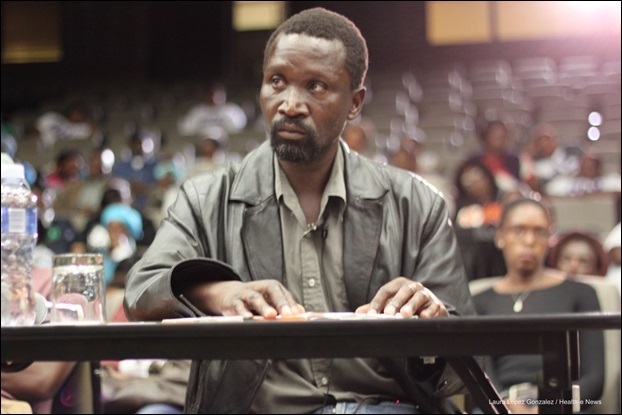
Xolisle Sam – Isilatsha, Eastern Cape
“My sister became sick on 29 September 2014. I called the ambulance at 2pm but (dispatchers) refused to send an ambulance and ordered us to send the patient to the local clinic because no ambulances were available on Friday… I called them after some time and explained we really need an ambulance for my sister. I was again told that there were no ambulances for terminally ill patients. I called again and I was told that they would try to send an ambulance but not to be hopeful that an ambulance would be dispatched… She died on 1 October 2014."
The SAHRC concluded the hearings on Thursday last week and will take two weeks to gather additional information from the province’s health, roads and public works, and finance and planning departments before drafting its findings and recommendations.
According to SAHRC commissioner Pregs Govender, these findings will feed into larger, national hearings scheduled for this year to investigate South Africans’ access to the right to health.
Additional reporting by Mtshana Mvilisi
Read more Health-e News articles on Health24
Lost patient cards make clinic queues even longer
Foetal alcohol syndrome is not just a Cape problem
SA doctors need not panic over 'certificates of need'
Syndicates Taking Medical Schemes for Ride in South Africa
Poor service also at private hospitals




 Publications
Publications
 Partners
Partners














